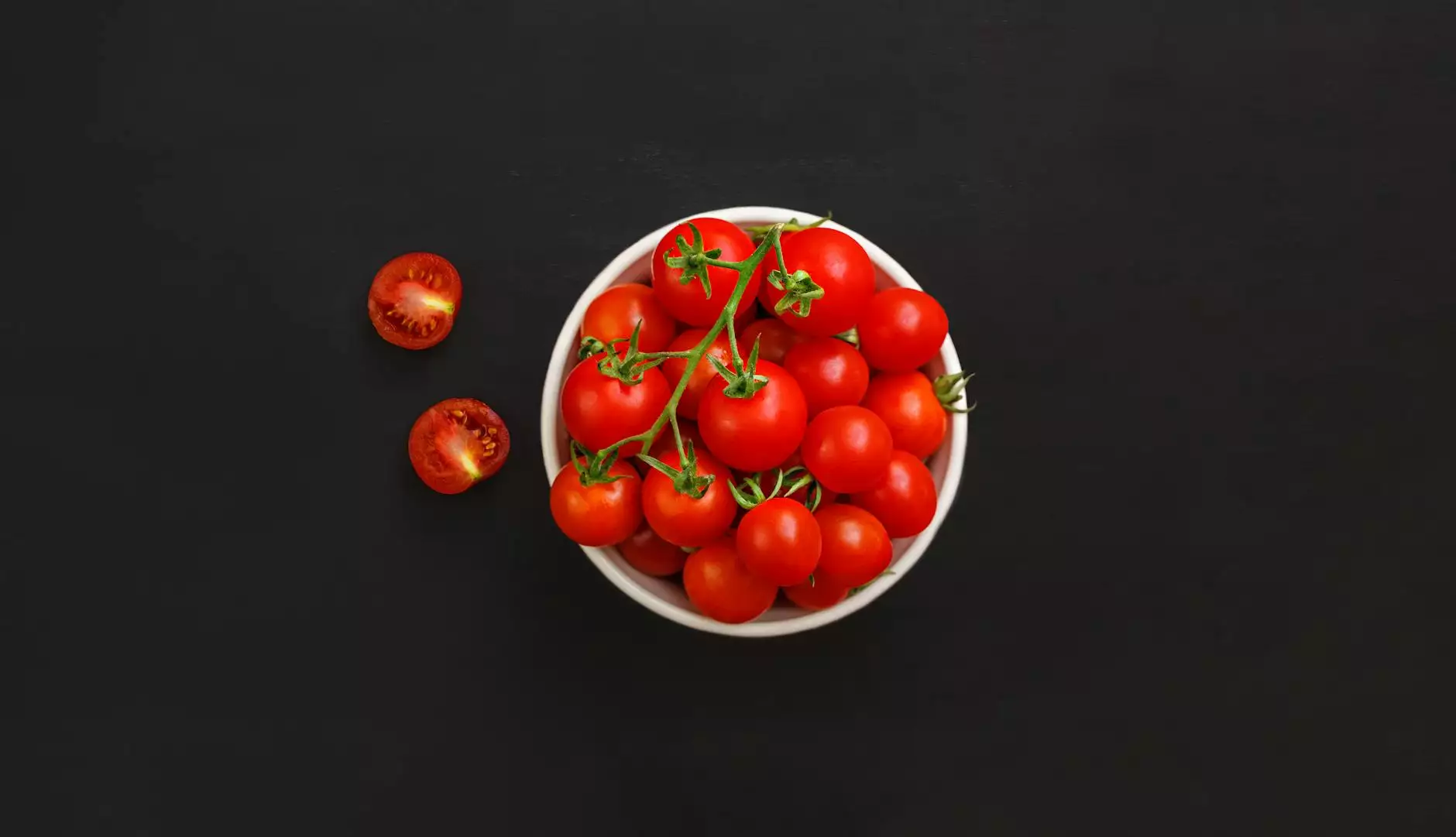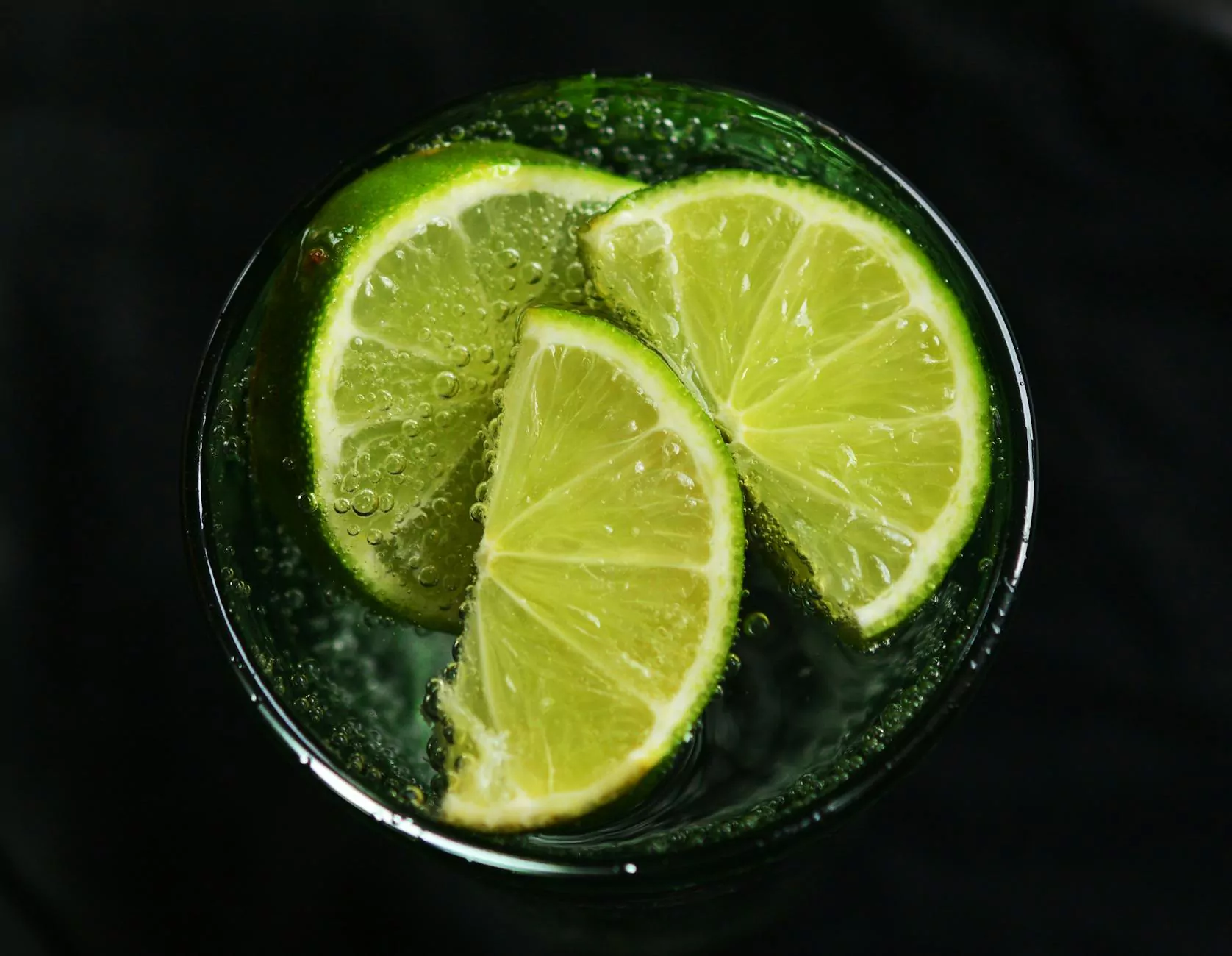Avoiding the Dangers of a Vegan Diet

Welcome to the learning center of Michael Finley, CNHP. In this article, we will explore the topic of avoiding the dangers of a vegan diet. If you are considering transitioning to a vegan lifestyle or have already made the switch, it's important to understand the potential risks and take proactive steps to maintain a healthy, well-balanced diet.
The Benefits of a Vegan Diet
Before diving into the possible dangers, let's briefly touch upon the amazing benefits of a vegan diet. A well-planned and varied vegan diet can provide numerous health advantages, such as reducing the risk of heart disease, lowering cholesterol levels, managing weight, and improving digestion. Additionally, it promotes compassion towards animals and reduces the environmental impact associated with animal agriculture.
Common Nutritional Concerns
While a vegan diet can be incredibly nutritious, it is essential to pay attention to specific nutrients that may be lacking. These include:
1. Protein
Protein is a vital component of any diet, as it is the building block of our body's tissues and organs. Many people believe that obtaining enough protein on a vegan diet is challenging, but that's not the case. Plant-based sources of protein include legumes, tofu, tempeh, quinoa, nuts, and seeds. By incorporating a variety of these foods into your meals, you can easily meet your daily protein requirements.
2. Vitamin B12
Vitamin B12 is primarily found in animal-based products and is essential for nerve function and the production of red blood cells. As a vegan, it's crucial to include fortified foods or take a B12 supplement to avoid deficiency. Consult with a healthcare professional to determine the right dosage for your needs.
3. Omega-3 Fatty Acids
Omega-3 fatty acids play a crucial role in brain health, reducing inflammation, and supporting heart health. While fish is a common source of Omega-3s, vegans can obtain them from plant-based options such as flaxseeds, chia seeds, walnuts, and algae-based supplements.
Avoiding Vegan Diet Pitfalls
Now, let's delve into some specific pitfalls to avoid when following a vegan diet:
1. Refined and Processed Foods
It's easy to fall into the trap of consuming processed vegan foods that are high in added sugars, unhealthy fats, and preservatives. These foods may lack essential nutrients despite being vegan-friendly. To maintain a healthy diet, focus on whole, unprocessed foods like fruits, vegetables, whole grains, and legumes.
2. Insufficient Calorie Intake
Plant-based foods are often less calorie-dense than animal-based foods. If you don't consume enough calories, you may feel weak, fatigued, or experience nutrient deficiencies. Ensure you eat a sufficient amount of food and consider consulting with a healthcare professional or registered dietitian to create a well-balanced meal plan.
3. Lack of Diversity in Food Choices
It's essential to vary your food choices to receive a wide array of nutrients. Eating the same meals repetitively may result in certain nutrient deficiencies. Embrace diversity and experiment with different fruits, vegetables, whole grains, herbs, and spices to keep your meals exciting and nutrient-rich.
Conclusion
In conclusion, a vegan diet offers numerous benefits for both our health and the planet. By being mindful of potential nutritional concerns and avoiding common pitfalls, you can ensure a balanced and thriving vegan lifestyle. Remember, consulting with a healthcare professional or registered dietitian can provide personalized guidance based on your unique needs and goals.
Thank you for choosing Michael Finley, CNHP as your source of valuable information on avoiding the dangers of a vegan diet. Should you have any further questions or need additional assistance, please do not hesitate to reach out to us.










